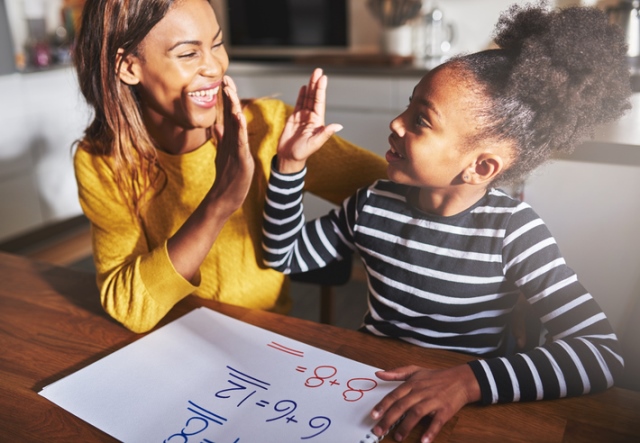
Students work hard all school year to learn new subjects in order to reach the next grade level, but what happens when summer comes around? When students don’t practice what they have learned, learning loss often happens. Learning loss is when students lose knowledge over the summer break. Sure, summer is a time for students to enjoy their time away from school, but should they really have a non-academic summer? Calibre Academy’s principal, Rebeca Venegas, and vice principal, Sharon Kaplan, shared their opinions on the problem that students face when returning to school.
“We notice it for some (students), but not all,” says Kaplan.
Venegas and Kaplan say that students who do not engage in educational activities throughout the summer notice learning loss.
“It depends on the student,” added Venegas.
Teaching isn’t always the teacher’s job and if teachers do their part during the school year, then parents need to their part during the summer.
Though parents may not always have the time during the summer to sit down with their kids for hours, but reinforcing what students have learned during school doesn’t have to take hours.
Venegas and Kaplan have suggested a couple of tips that can help prevent your child from the “summer slump.”
“Read a lot and read out loud,” says Kaplan.
Reading will not only help your child maintain their literacy skills, but it will also help them strengthen their literacy skills. You can take your child to your local library so they can pick out books of their liking so it makes it easier for them to want to read.
When it comes to math, you don’t necessarily have to sit down and do long equations with your child. You can play games with a deck of cards or use dice to make it easy for both you and your child to have fun while learning. Although, math games may be easy don’t forget that there is endless Web sites that children can log on to and play math games—which can be a positive change from video games.
Another helpful learning tool that parents should remember is having a conversation with their child builds vocabulary. Venegas and Kaplan advise parents to ask their children open ended question when talking to them.
If you are more hands-on, you can help your child come up with creative projects that will help them become more knowledgeable about different subjects while learning about themselves.
You can create a mini-ecosystem or even have a lemonade stand or a bake sale to have fun and learn.
All in all, there are many options that parents have when it comes to helping your child avoid learning loss during the summer. Check with your local libraries and museums to see what summer programs they have to offer to make sure summertime learning is fun.
